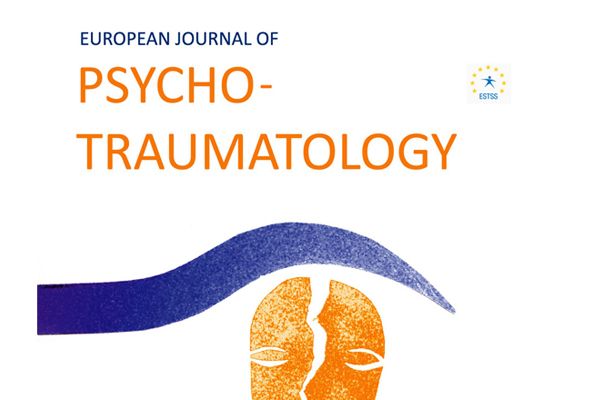10 maart 2021
European Journal of Psychotraumatology
Lena Steubl, Cedric Sachser, Harald Baumeister & Matthias Domhardt
https://doi.org/10.1080/20008198.2021.1879551
Background: While Internet- and mobile-based interventions (IMIs) are potential options to increase the access to evidence-based therapies for post-traumatic stress disorder (PTSD), comprehensive knowledge on their working mechanisms is still scarce.
Objective: We aimed to evaluate studies investigating the efficacy and mechanisms of change in IMIs for adults with PTSD.
Method: In this systematic review and meta-analysis (PROSPERO CRD42019130314), five databases were consulted to identify relevant studies, complemented by forward (i.e. citation search) and backward (i.e. review of reference lists from included studies) searches. Randomized controlled trials (RCTs) investigating the efficacy of IMIs compared to active controls, as well as component and mediation studies were included. Two independent reviewers extracted the data and assessed the risk of bias and requirements for process research. Random-effects meta-analyses on PTSD symptom severity as primary outcome were conducted and further information was synthesized qualitatively.
Results: In total, 33 RCTs were included (N = 5421). The meta-analysis comparing IMIs to non-bonafide active controls yielded a significant standardized mean difference (SMD) of −0.36 (95%CI −0.53 to −0.19) favouring IMIs. Although meta-analytic pooling was not possible for the component and mediation studies, evidence suggests no differential effects regarding PTSD symptom reduction between different levels of support and personalization and between different types of exposure. Moreover, mediation studies revealed significant intervening variable effects for self-efficacy beliefs, perceived physical impairment, social acknowledgement, and trauma disclosure.
Conclusions: Results indicate that IMIs for PTSD are superior to active controls. Furthermore, findings may contribute to the development of new interventions by outlining important directions for future research (e.g. regarding requirements for process research) and highlighting potential mechanisms of change (i.e. self-efficacy, perceived physical impairment, social acknowledgement, and trauma disclosure).

Het European Journal of Psychotraumatology (EJPT) is een peer-reviewed, interdisciplinair wetenschappelijk tijdschrift dat deel uitmaakt van de European Society for Traumatic Stress Studies (ESTSS).
Het EJPT heeft als doel om wetenschappers, behandelaren en experts te betrekken bij de belangrijkste vraagstukken rond stress en trauma, waaronder individuele gebeurtenissen, herhaalde of chronische trauma's, grootschalige rampen en geweld.

